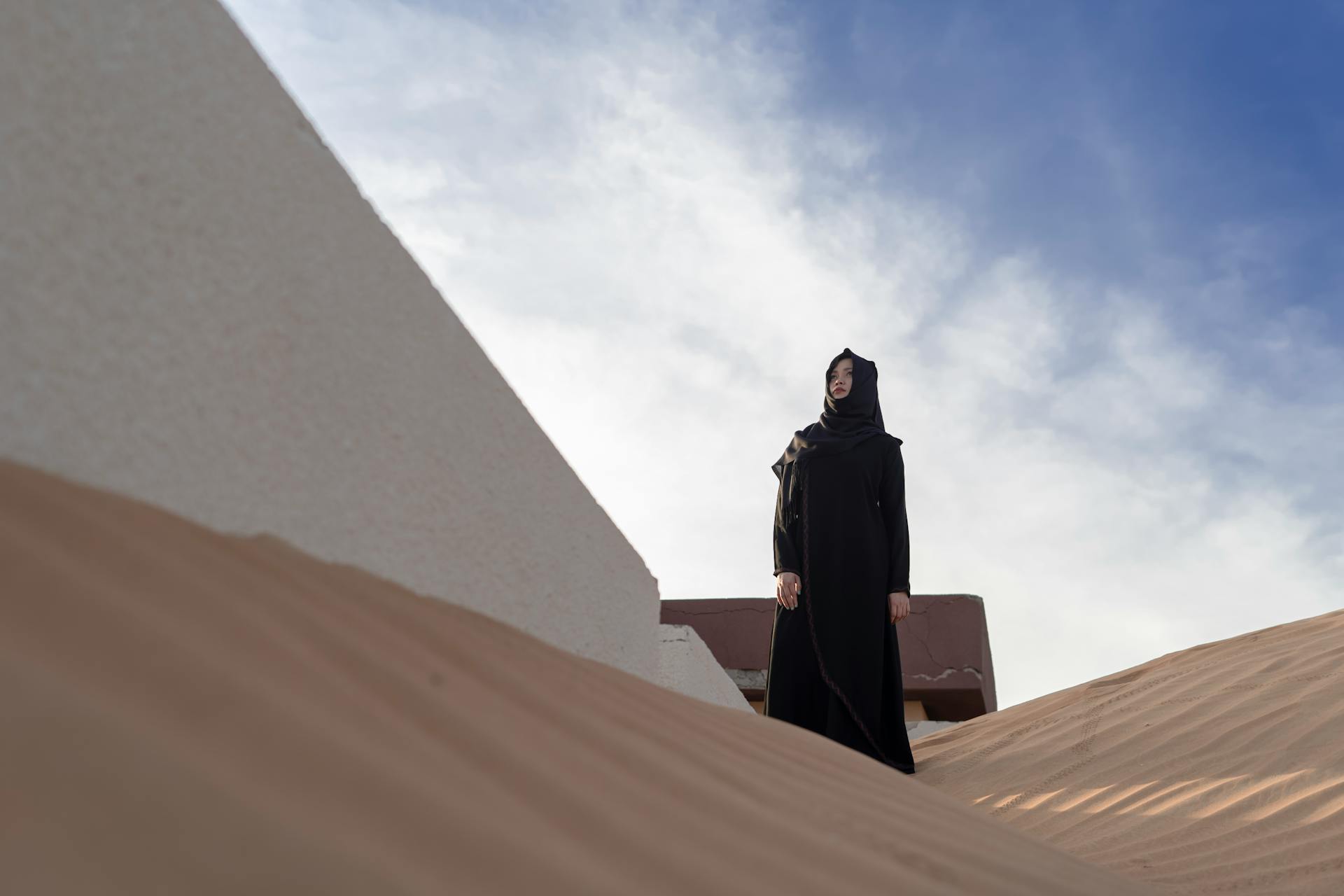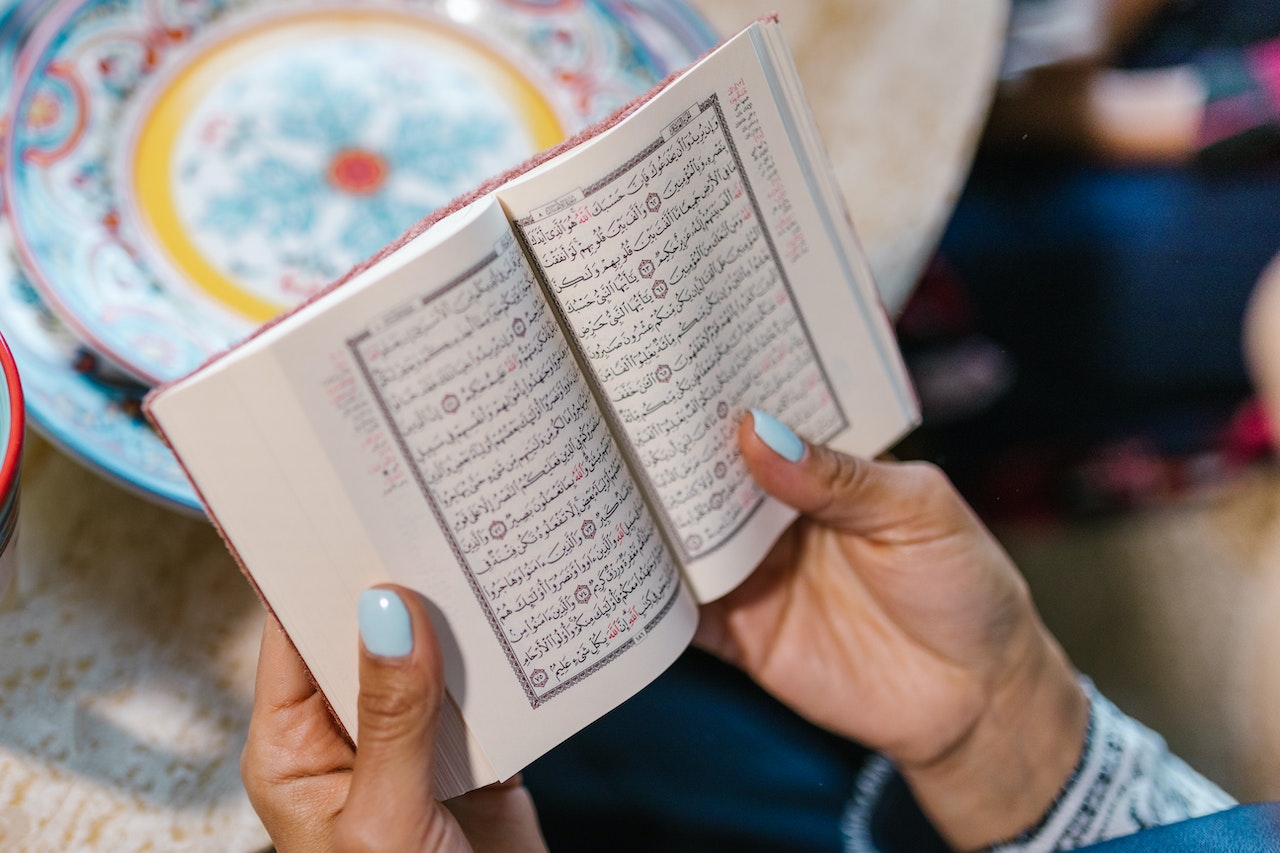Understanding why Muslims fast during Ramadan unveils layers of spiritual, social, and personal growth that this sacred month fosters. In the Islamic calendar, Ramadan holds a special place as the holiest month. It is a time of spiritual reflection, self-discipline, and heightened devotion for Muslims worldwide. At the heart of Ramadan lies the practice of fasting, an ancient tradition with profound significance.
Spiritual Renewal and Connection with the Divine
Fasting during Ramadan is not merely an act of abstaining from food and drink; it is a deeply spiritual endeavor. Muslims believe that during this month, the gates of heaven are open, and the gates of hell are closed, with devils chained. This creates an atmosphere conducive to spiritual growth and self-reflection.
Fasting encourages Muslims to detach from worldly pleasures and focus on their relationship with the Divine. By abstaining from physical needs, believers seek to purify their souls, enhance their spirituality, and deepen their connection with Allah (God). It serves as a reminder of the transient nature of life and the importance of spiritual nourishment.
Empathy and Solidarity with the Less Fortunate
Ramadan is not only about personal spiritual development but also about fostering empathy and solidarity with the less fortunate. Through fasting, Muslims experience hunger and thirst, gaining a firsthand understanding of the struggles faced by those who are impoverished and hungry every day.
This heightened awareness of social inequality motivates Muslims to engage in acts of charity and compassion during Ramadan. It is a time when communities come together to support the needy, providing food, and assistance to those who require it. The practice of Zakat (obligatory charity) takes on added significance during this month, as Muslims are encouraged to share their blessings with others.
Self-Discipline and Moral Growth
Fasting instills qualities of self-discipline, patience, and restraint in individuals. By controlling their desires and impulses, Muslims develop a heightened sense of self-awareness and mastery over their actions. This discipline extends beyond abstaining from food and drink to encompass all aspects of life, including speech, behavior, and interactions with others.
Moreover, Ramadan serves as a time for moral reflection and self-improvement. Muslims are encouraged to engage in acts of kindness, forgiveness, and reconciliation, striving to become better versions of themselves. It is a period for introspection, repentance, and seeking forgiveness for past transgressions.
Strengthening Family and Community Bonds
Ramadan is a time for strengthening family and community bonds. The daily ritual of breaking the fast (Iftar) together brings families and friends closer, fostering a sense of unity and togetherness. It is a time for sharing meals, exchanging stories, and strengthening relationships.
Communities also come together in mosques and community centers for prayers, Quranic recitation, and communal gatherings. These shared experiences create a sense of belonging and solidarity, transcending cultural, ethnic, and linguistic differences.
The practice of fasting during Ramadan is a multifaceted journey encompassing spiritual, social, and personal dimensions. It is a time of self-reflection, empathy, and self-discipline, aimed at fostering spiritual growth, social solidarity, and moral integrity. Through fasting, Muslims seek to deepen their connection with the Divine, cultivate empathy for the less fortunate, and strengthen bonds of family and community. Ramadan serves as a reminder of the importance of spiritual nourishment, social responsibility, and personal transformation in the lives of believers.






